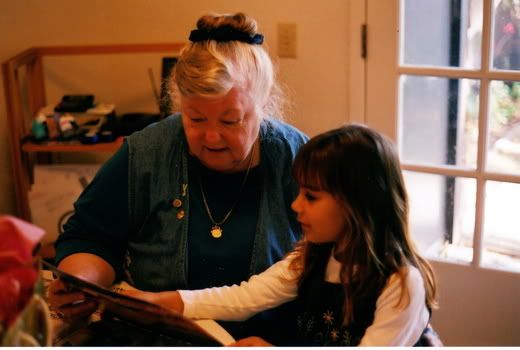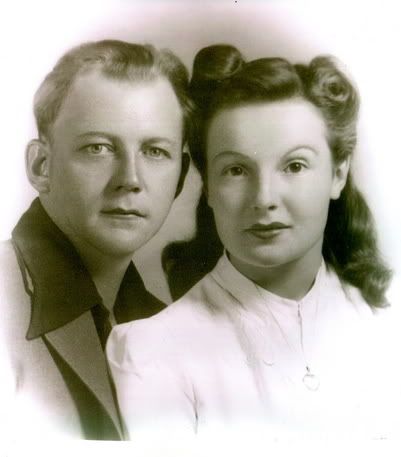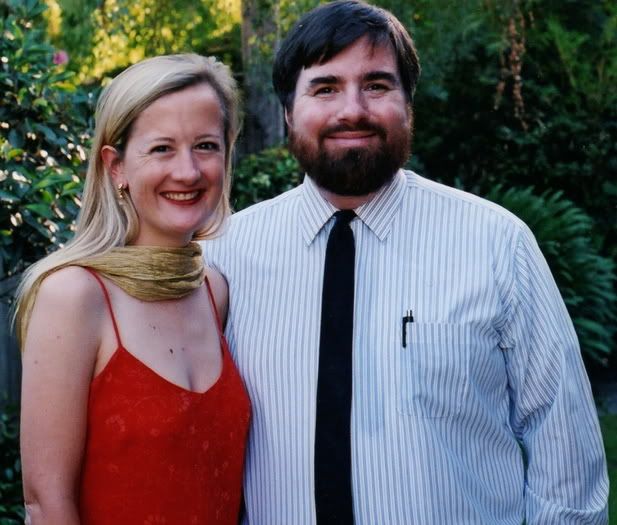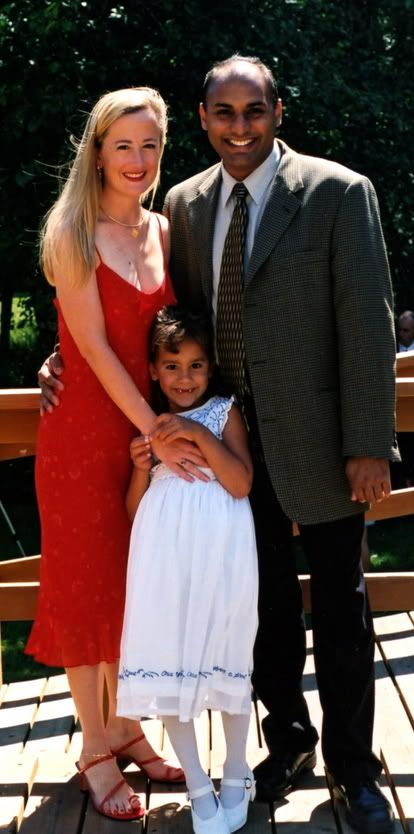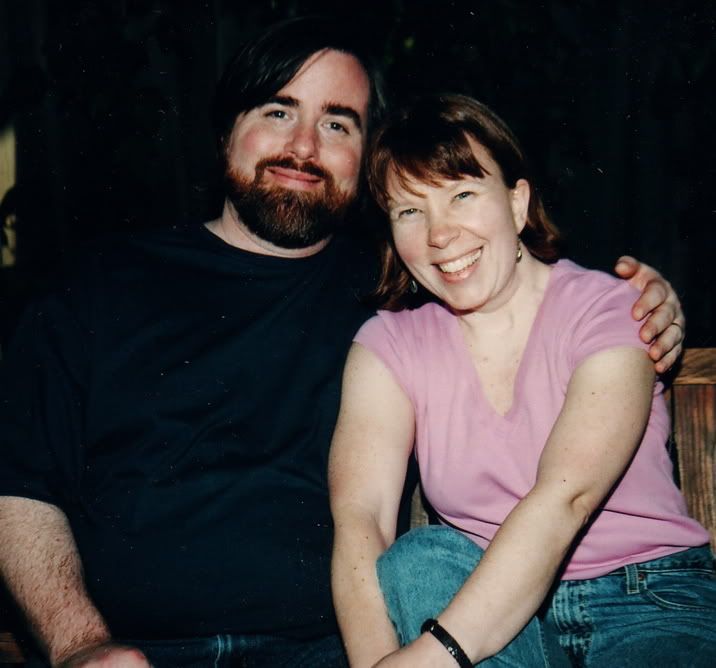
I was not a fat kid. Until I was 12, when my mother decided that since we were the same height we should be the same weight and put me on a diet to lose three pounds, I never thought about my weight. Well, when I was ten and 5 feet even and 100 pounds even, I thought that was kind of cool and tidy, not because of how slim I was but because the numbers made such a fine pattern -- age, height, weight all at the tipping point. Actually, in those halcyon days, I was rather pleased with how I looked. Except for the freckles. There was a time there when I wanted to get rid of the freckles. But, mostly, I really liked how I looked. I had auburn hair and brown eyes and enough sense to know that was freaking great. There might have been moments when I would have liked to be glamorous, but mostly I was content with my Girl Scout looks. I was, after all, a tomboy, and so glamour would not have suited me very well. Even if I had it, the scabs on my knees, the sunburn on my nose, and the snarls in my hair would have moved me out of that category.
So, I have no personal experience with being teased for being a fat kid. Actually, I have no personal experience with being teased about my looks at all and never while I was in school, up through graduate level, did any of my classmates or teachers mention my size or act like I should be any different than I was. But I remember how fat kids were teased, even back in the 40s when I started school and the "obesity epidemic" was far in the future, even in the days before there was a weight loss industry to sell us all on the idea that there is something wrong with our bodies and they have the magic cure that we only have to pay them for to enjoy. Even then, fat kids had it tough.
Today, fat kids have a much harder row to hoe. Preschoolers, shown pictures of various children which include children of all races, some handicapped, and asked which child they would like for a friend don't choose the fat kid. Even preschoolers are so afraid of being fat that some of them are putting themselves on diets. Four year olds, instead of beaming with delight when they see themselves in the mirror, have started sucking in their guts.
The other thing that my personal history and the reading I've done in the last ten years have taught me is that once you become obsessed with your weight you are in for hell. Eating is a self-conscious act. You hesitate to be the first one who admits to hunger, because as a fat person you aren't entitled to be hungry. You don't go to the pool because people will see just how fat you are. You try everything you can think of to get rid of the "extra" weight. And, since our body sizes are pretty well determined by our genes (want to be thin? have four thin grandparents.), if the weight comes off, it comes back on again. Eventually, you gain back more than you lost. There is one study
UC Berkeley, 2004 that suggests that the younger you start to diet, the fatter you will become. The same study found that the more diets you've been on, the fatter you become.
Now, if you were a weight loss corporation and if you had no ethics beyond the bottom line, what would be the best way to build yourself a permanent customer base? Yep, get the kids to start dieting at younger and younger ages. Since it doesn't work, convince them rebound weight is their fault until they have messed up their metabolisims beyond hope and they are caught.
Personally, I'm just enough of a skeptic to think that there is no accident that the focus has been aimed at childhood obesity. First, you set the level so low that only the truly frail don't qualify, and then you hype it all over the place.
Sandy Szwarc, at
Junkfood Science has recently posted a number of articles dealing with this subject.
In
Such a deal, or is it? Sandy talks about a workplace wellness initiative that targets not just the weight and life style choices of the employees, but also of their children.
IBM has teamed up with Weight Watchers, a fellow member of the National Business Group on Health. It’s easy to see how Weight Watchers will benefit by such compulsory participation of 128,000 IBM employees in a Weight Watchers’ branded program...one that will simultaneously bring up an entire generation of weight-absorbed future customers. But IBM has not disclosed what’s in the deal for them. Even if such a program worked, by the time any health benefits might materialize, the children will long since be off on their own and no longer on their parents’ insurance plan.
The money may be enough to coerce some workers let their employer decide what their family eats, where and when they eat, and how often they exercise and what type of exercise they do. But using children is especially insidious, because what isn’t being said is that this childhood obesity program is an experimental pilot project with absolutely no evidence that it will prevent child obesity, let alone improve their children’s health. In fact, all of the evidence to date has shown similar programs to be ineffective for improving children’s health — such as changing their blood pressures, glucose tolerance, fitness, ‘cholesterol’ levels or rates of childhood illnesses — or change long-term obesity rates. But they do leave young people vulnerable to body-image problems and life-long dysfunctional relationships with food and eating.
Sandy looks at the results of two long-range studies on obesity programs for children at
One size childern.
Although both studies found null results, the authors suggested that more intense and continuous interventions might be necessary.
But, of course, doing more of the same won’t work, either. Nor is it surprising that no obesity prevention or weight intervention program to date has been able to demonstrate effectiveness in changing obesity rates among children or teens long-term. That’s because, as we know, the science has shown for decades that the natural diversity of sizes among kids, as in adults, isn’t about what they eat or the exercise they get. Thin kids may eat like horses, while fat kids like birds and it doesn't much change their natural sizes in the end. As a group, fat and thin eat the same. No dietary or activity factor among children explains the differences in their sizes.
In
Fat camps for tots, which looks at the new British idea of sending toddlers and babies to fat camp to learn good eating habits, and perhaps take off a little weight while they are there,
Let’s look at the evidence in support of such claims and interventions for babies and toddlers:
[this page intentionally left blank]
Remember the Scholastic magazine? The one we got in school that was full of grade appropriate information and just for us? The one we still see in the doctor's waiting room? Well, it ain't our Scholastic anymore, folks. Sandy looks at the shameful use to which this once benign icon of childhood is being put in
This is scholastic achievement?From the “What are they teaching our children?” file comes another school-based childhood obesity initiative with no sound basis in science. Worse, it teaches children to fear healthful foods they need and teaches prejudices against their heavier classmates.***Many parents and grandparents remember Scholastic publications as educational, inspiring and fun ways for kids to learn about the world. This is not the Scholastic they remember.***The Food Detective game invites kids to click on the “AFD Case Files” of various “Suspects:” children who are supposedly behaving badly. The fat little 10-year old girl is Emily. The game tells kids that Emily is fat because “she eats too much and needs to learn portion control.” The food detective sets up a security cam in her house “to catch the culprit in the act” and she is shown gobbling nonstop a table of fattening foods and a chart shows her eating a whopping 4,550 [kilo]calories.
We could stop right there, of course, as the evidence has shown time and again that fat children eat no differently than thin children to explain the natural differences in their sizes. This game does nothing but teach children to condemn fat children for gluttony, while instilling the harmful false message in fat children that they must be eating “too much.” But the calories being ascribed to the 10 year old fat girl are beyond absurd and illustrate just how uncredible these lessons are. According to NHANES, 6-11 year old girls eat an average of 1,889 kilocalories a day (plus or minus 43 kcal) and the “educational message” in this game bears no resemblance to the facts.
Other children’s “Case Files” promote equally unsound and prejudicial messages. A heavy little boy named Michael is called a “sofa loafer” and his fatness is blamed on spending too much time on the computer and playing video games and eating bad foods. Another popular myth of fat children. And a little boy, Cole, is supposedly a weakling because he eats junk food. You get the idea.

And finally,
You're fine just how you are. and read her touching post on trying to be what you are not. The Allan Faustino T-shirt graphic, left, is enough to break your heart.
 Julie has posted This Too Shall Pass on her blog.
Julie has posted This Too Shall Pass on her blog. 





_____.JPG)























